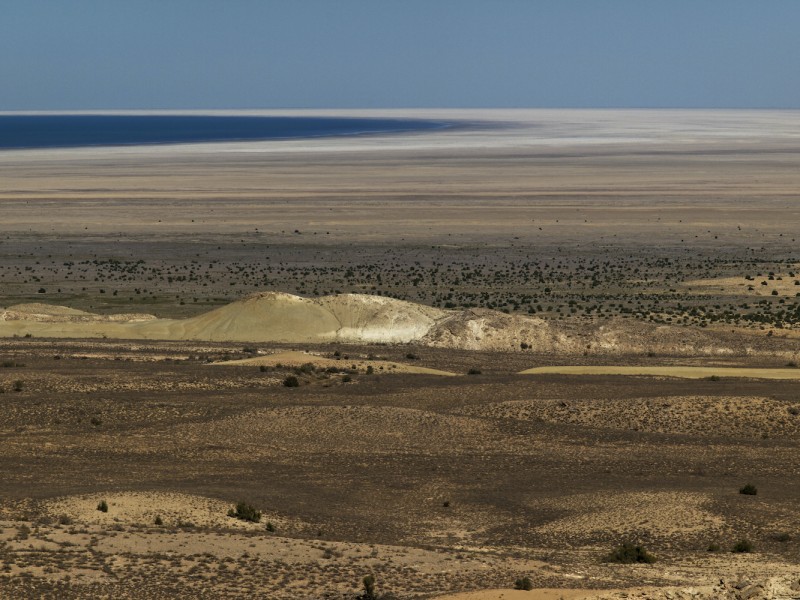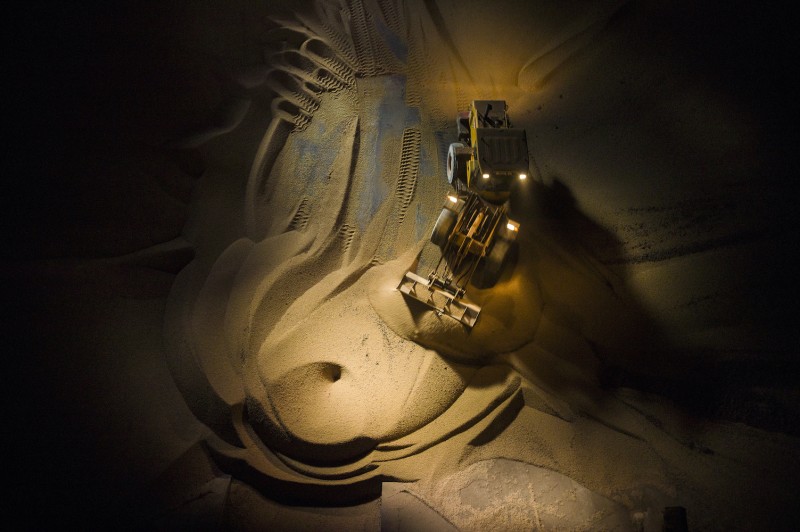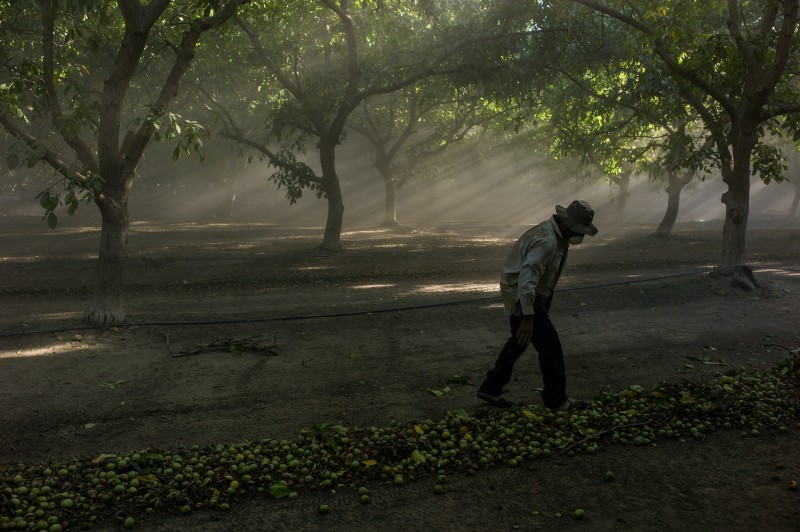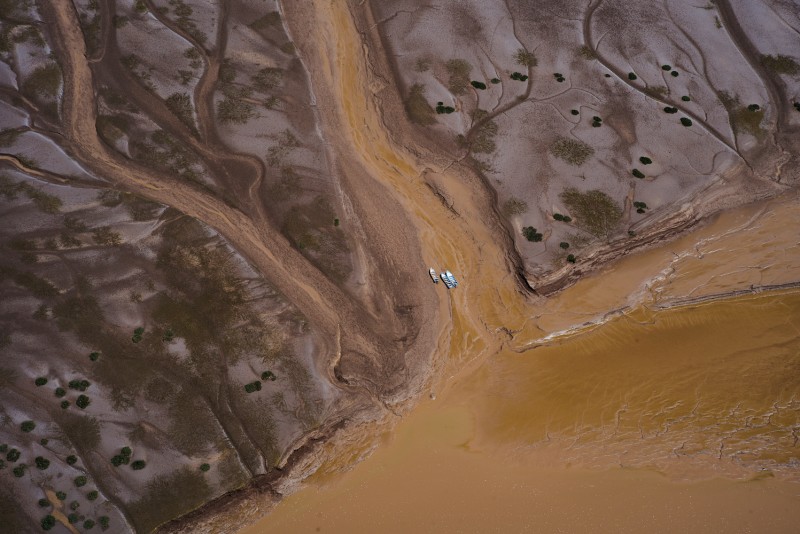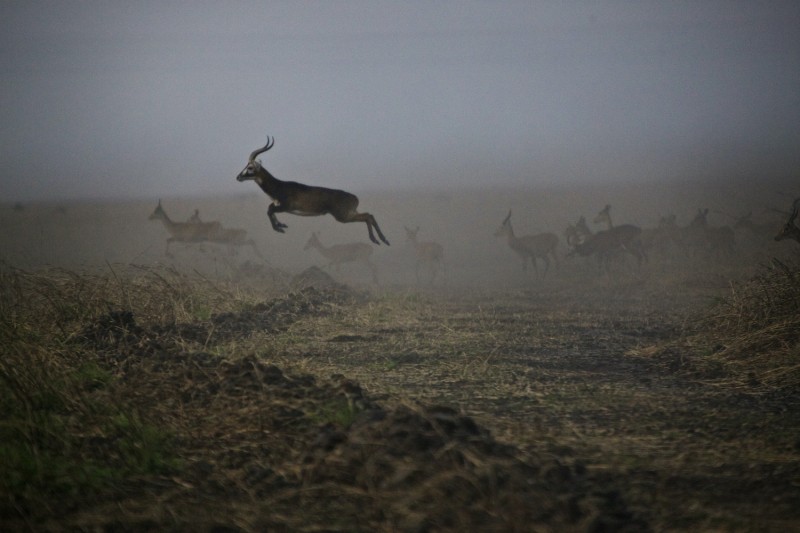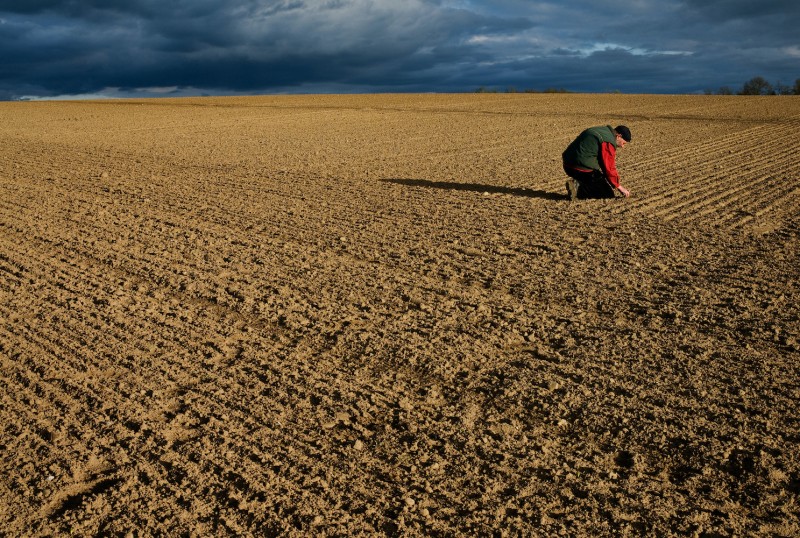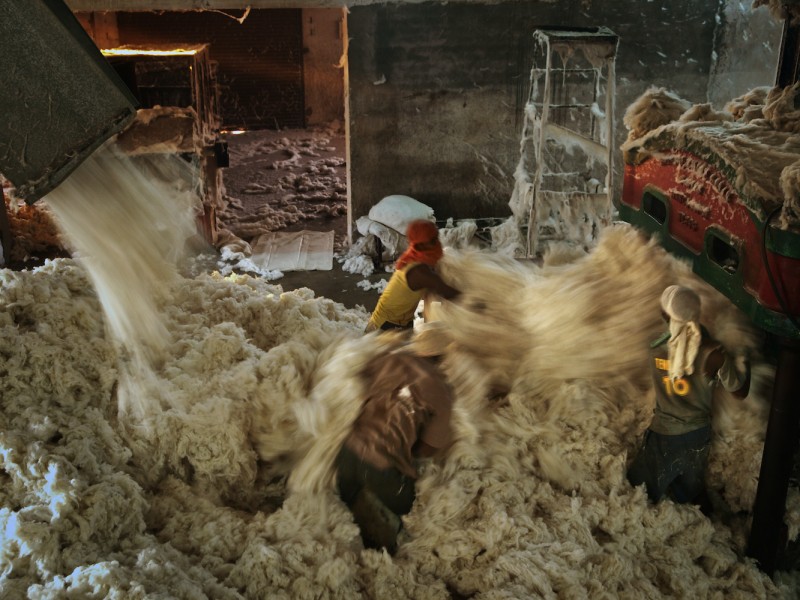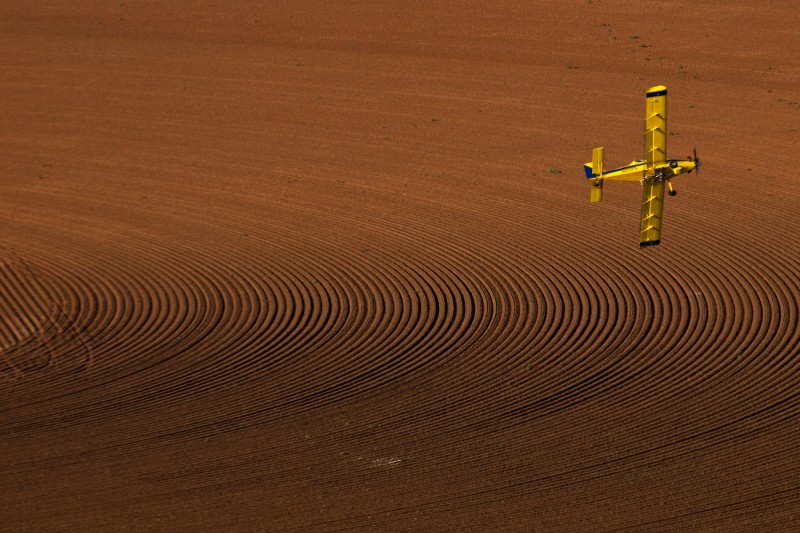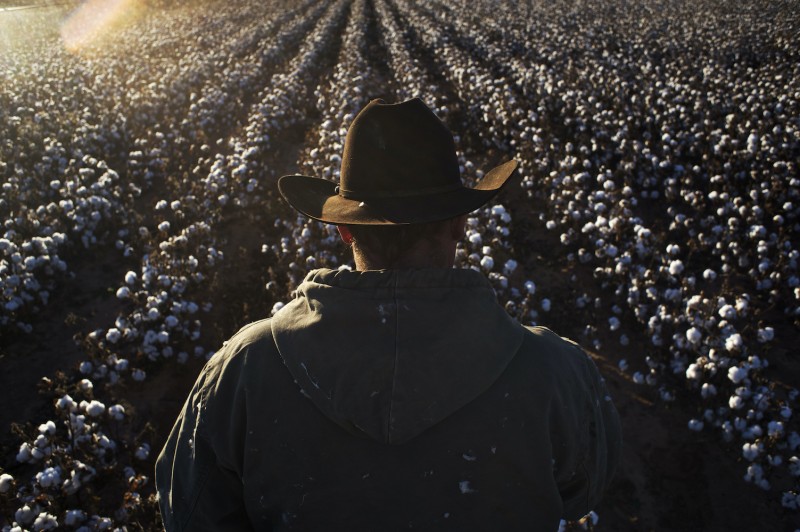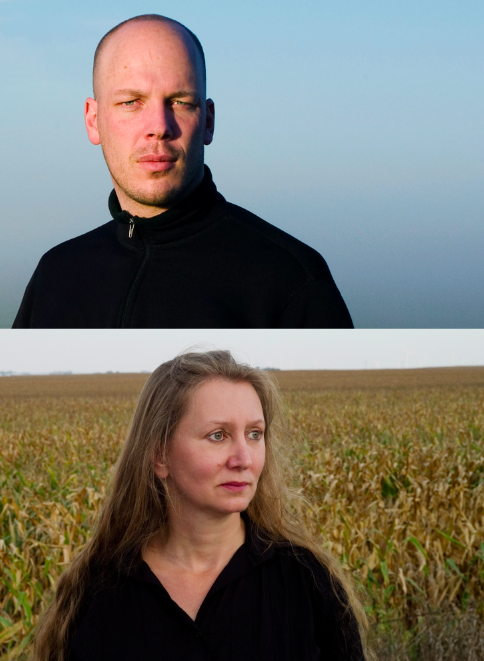Landrush
Landrush
Uwe H. Martin & Frauke Huber
July 20, 2021
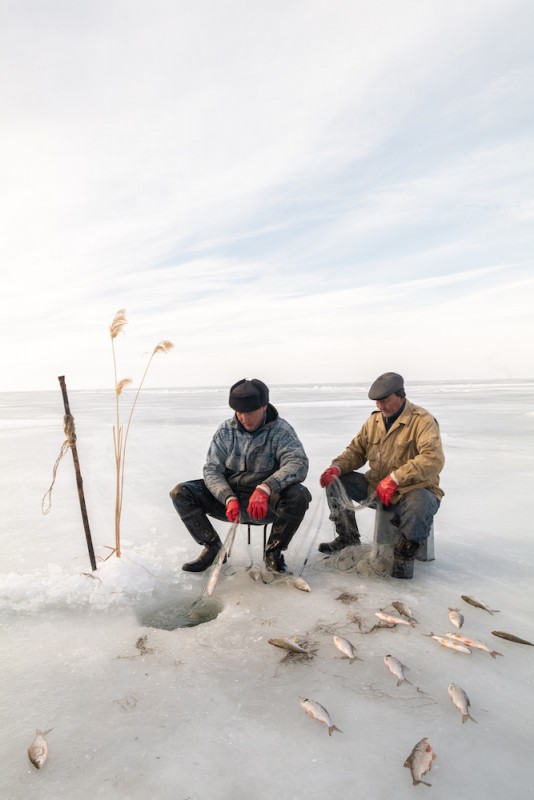
LFI: What is this long-term project you have been pursuing together for fifteen years about?
Uwe H. Martin: LandRush is an artistic-documentary exploration of the social and ecological consequences of global agriculture. We document the lives of farmers and labourers, indigenous people and fisherwomen; we speak with activists, politicians and scientists. We show the complex connections and chains of distribution that are necessary to supply the world with food; and how, through the destruction of nature, we are further eroding the basis of our nutrition.
Frauke Huber: We see agriculture as one of the big issues of our times, because there is nothing that we humans do collectively that has a larger impact on the environment. Agriculture is one of the most important drivers of climate change and species extinction. More people are involved in agriculture than any other industry, and more than one third of the planet's land mass is used for food production. Agriculture is responsible for seventy percent of humanity's water consumption, and for rivers, lakes and water tables running dry. Over-fertilisation is destroying the ecosystems of rivers and coastal regions. The clearing of forests and the conversion of green land into fields results in erosion and a loss of biospheres and species diversity. At the same time, most people see food as self-evident; and only a few inhabitants in industrial countries realise how fragile the food supply for humanity has become.
What incited you to begin the project? What were the triggers?
Frauke Huber: While researching the textile industry, cotton cultivation came into focus. We read about the destruction of the Aral Sea, and the mass suicides among Indian cotton farmers. Our plan was to follow the distribution chain from the field, to the manufacturer, and on to the consumer. However, it soon became clear to us that the large, encompassing issue is agriculture itself; and fifteen years ago, it was getting virtually no attention from the media. During the cotton research, it became obvious that one important issue is the privatisation of seeds, the patenting of life. Then the massive international land investments by large corporations and states came into focus, and finally the debate as to whether access to clean water is a human right. From the very beginning and throughout our research, we not only photographed, but also filmed and carried out comprehensive video interviews. That way we can reach a larger public and tell a more complex story.
Uwe H. Martin: We divided the project into three large chapters that, at a meta level, focus on the subjects of water, land and seeds. WHITE GOLD (2007 - 2012) deals with the social and ecological consequences of global cotton production. This chapter is being shown as a 9-channel video installation in the current exhibition at the Centre National de l'Audiovisuel (CNA). LANDRUSH (since 2011) analyses the impact of large-surface agricultural investments on rural economies and land rights, the boom of energy crops, the fight for land, and the future of agriculture around the world. It consists of a 6-channel video installation, two linear documentary films, and one interactive iPad app. DRY WEST (since 2014) documents water policies, the man-made landscapes of the American West, and the consequences of the on-going drought in the region. It is presented as a 7-channel video installation.
Where are the biggest challenges, regarding the realisation of the project?
Uwe H. Martin: There are some challenges, of course. Sometimes we have to deal with extreme temperatures: - 20º C at the Aral Sea; close to 50º C in the Californian desert and the border regions between Ethiopia and South Sudan; also sandstorms, high elevations and thin air. We spend a lot of time in isolated villages without electricity (which is difficult with digital cameras) or sanitary facilities. We travel on hair-raising roads; often breathe in dust, pesticides, herbicides and exhaust fumes; and, at times, we have to work undercover. But that's all part and parcel of the work, and once the challenges have been overcome, it all becomes a wonderful part of the experience.
Frauke Huber: The biggest challenge for the realisation of a documentary project of this scope is to secure the financing. That's why we spend a number of months every year writing grant requests, etc. - valuable time that we would prefer to spend on research and the realisation of our projects.
What are you hoping for, when you look at your pictures? What message do you want them to convey?
Frauke Huber: We hope that, through our work, many people will become aware of how fragile the security of our food supply is, and what meaning agriculture has for our environment. We don't want to pretend that there are any simple answers and solutions, because there aren't any. Neither veganism, buying local, and organic, nor high tech urban agriculture or genetic engineering will save us.
Uwe H. Martin: Of course, as consumers we can do some things. However, above all, politics has to move things: by changing laws, so that the wrong kind of incentives are no longer created.
Uwe H. Martin & Frauke Huber+-
The duo have been working together, since 2007, documenting the social and ecological consequences of global agriculture. Their work appears in the form of journalistic publications, linear web documentation, interactive apps, and installations in art institutions. Their projects are part of the collaborative art and research project World of Matter, which Martin was involved in founding in 2010. Over the years, Martin and Huber have received much recognition and many awards for their work, including the German Reporter Award, the Greenpeace Award, the German Short Film Award (Lola), and the Development Media Award. More

